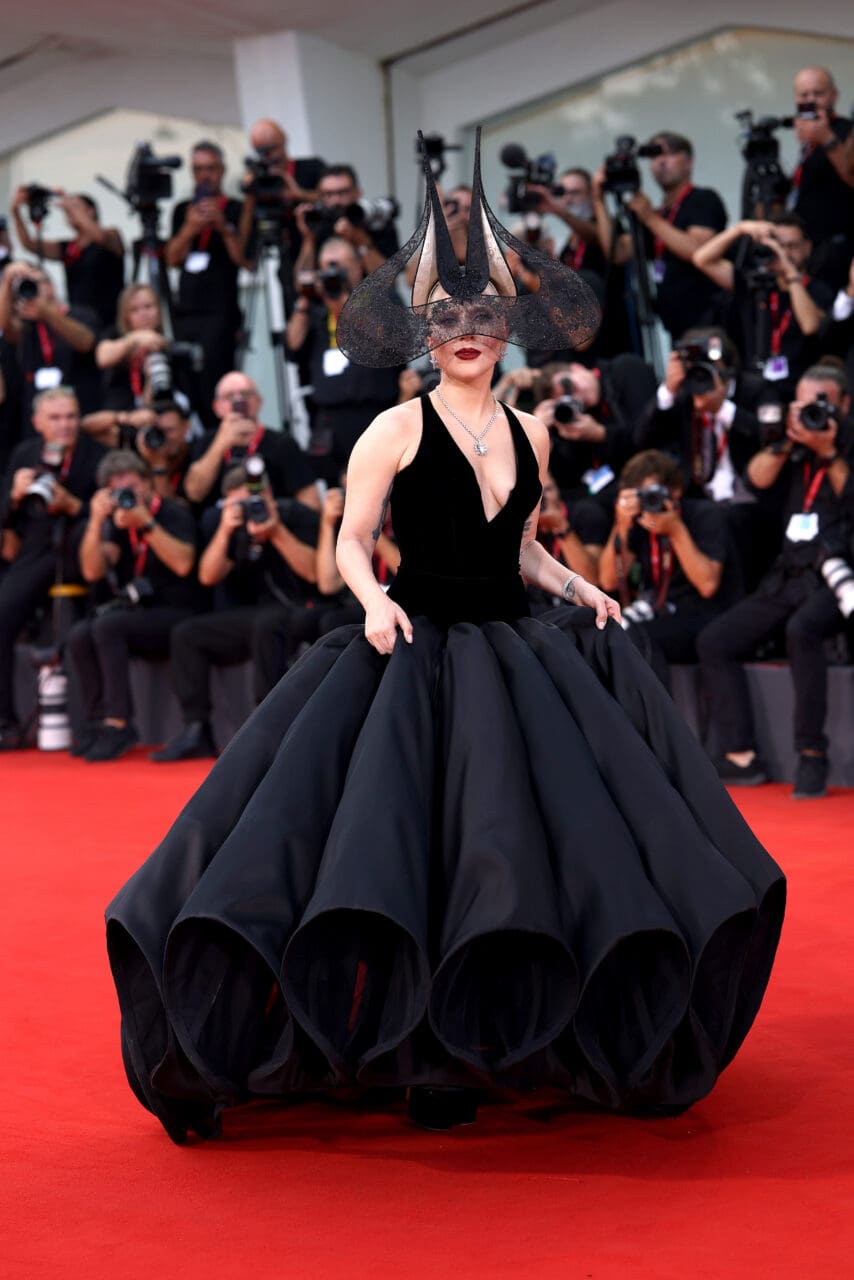
The belief that only internationally-known stars, such as Paul McCartney, Coldplay and Lady Gaga, can do world tours is changing. In Korean pop-culture, especially for K-pop idol groups, world tours have become quite the norm. If a K-pop group is suddenly absent from TV for months, they’re most likely on a world tour. World tours have in fact become just as important as new music releases, TV broadcasts and content creation. All you need is a certain degree of confidence in your fans and a risk-taking spirit.
In the past, world tours might only have been available to those who already had a strong fanbase back home, with agencies acknowledging and monitoring their bands’ domestic popularity before taking the risk of a world tour. TVXQ, Big Bang, Shinee, and Infinite are just some of the pioneers of this. But the view these days is different – it’s not so important whether they’re popular at home but, instead, their social media feedback and the number of Youtube views they have is enough to estimate a loyal international fanbase.
BTS, the most popular K-pop group in the world, boy band EXO, and KARD, known for their interesting tropical house style, are all very different to each other in music and style. But they all have one thing in common – that in 2018 they went on a year-long successful world tour. Beginning their tour in August 2017, BTS started their trip in Europe, performing in major cities including London, Amsterdam, Berlin and Paris, and then travelled to major cities in North America such as LA, New York, Fort Worth, Auckland and Chicago. The reaction from the public was so good they added four extra destinations including Taiwan and Thailand. And from this year onwards, there are more plans of over 41 performances in 20 countries. The total audience count reached over 800,000, which is nearly three times higher than the agency’s estimate when they first begun touring. The agency took a risk and found great success through it, with their record breaking success being largely due to social media hype.
EXO’s world tour success is a little more conventional. They chose cities they already knew would be successful, where they had already established fans. Their tour started in November 2017 and ended nearly a year later in Macau. During this time they went through 11 different cities in countries including Japan, Taiwan, Thailand and others in SEA.
In contrast, tropical-house group KARD started their world tour before even debuting in Korea. They went through four countries – Canada, the US, Brazil and then Mexico – and, at the end of their tour, they finally debuted in Korea, before going on to England, Portugal, Spain and Italy.
K-pop groups TVXQ, Seventeen, Monster X, Got7, Day6 and Wanna One have since started planning their world tour tactics.
This brings us to the very question: why are k-pop idol groups so obsessed with world tours? The answer is pretty simple – it’s profitable. The record-breaking profit of BTS’s ‘Love Yourself’ tour alone is over 100 billion Korean dollars, with the tickets abroad being double or triple the price of those back home. The various souvenirs, from balloons to posters, are also immensely profitable. And with every concert, the value of the agency also goes up. JYP Entertainment’s TWICE and Got7’s successful world tours have helped them reach their highest stock price. Big Hit Entertainment, the agency behind BTS who had yet to even hit the stock market is now one of the most notable companies that investors are keeping an eye on.
K-pop and world tours are now intrinsically linked. Regardless of your background, your race, your gender, there’s a warmth to an international fanbase that comes together to support an idol group and, in the current era, the music industry doesn’t just rely on records, but on foolproof performances, innovative video effects, and staging a narrative. It’s undeniable, world tours are a pillar of success for k-pop groups to come.
Originally published on Vogue Korea





